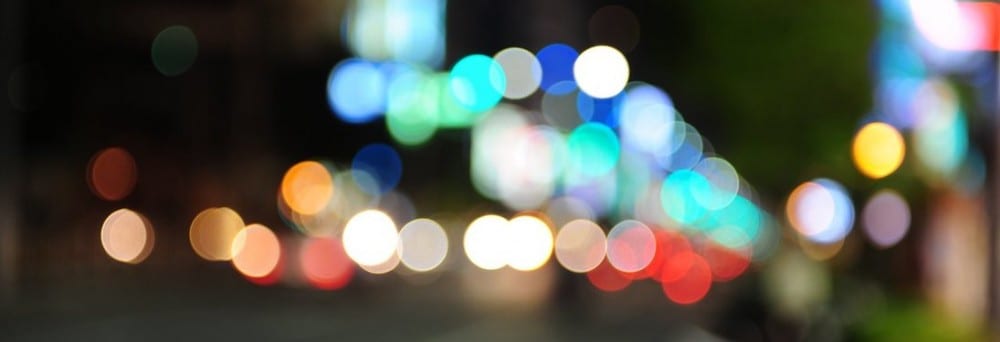In Govan’s Routes and Roots, Dudley Cocke describes how the Roadside Company engages their audience by “sharing and celebrating local music, and narratives of place often provided the starting point for devising a performance” (Govan, 2007, 137) and how this successfully engages “local audiences in performance-making” (Govan, 2007, 137). Therefore, by giving the audience something they can relate to and understand ultimately allows them to feel comfortable and more willing to participate in the performance. This is something important to think about when developing our own pieces of site specific performance.
Another important aspect to consider when approaching site specific performance is the historical background of a place. To fully understand the place in contemporary life, we need to research the historical aspects of the place. Marvin Carlson theorises that “places of public performance […] are marked by the traces of their other purposes and haunted by the ghosts of those who have used them in the past” (Govan, 2007, 139). By discovering the original ‘roots’ of a place, we are able to imagine the place as it once stood and in doing so, we have the advantage of re-creating or re-experiencing the past and merging it with the present. Pearson and Shanks elaborate on Carson’s theory with their own notion of “the host and the ghost” (Govan, 2007, 139) which they describe as “a negotiation between the contemporary and the historical in which ‘no single story is being told’”. (Govan, 2007, 139). Pearson and Shanks emphasise the importance of the past in relation to the present and how we go about performance-making with this in mind. This suggests that residual energy lies within each space and it is this same energy that gives the space meaning. For instance, a battlefield before the battle would have merely been a field.
Govan, (2007). Between Routes and Roots. Performance, Place and Diaspora. 136-143.
